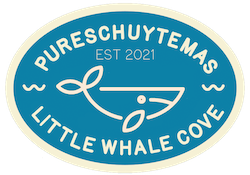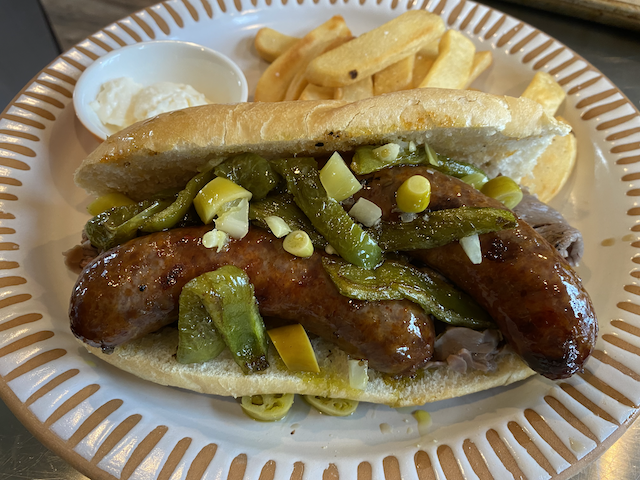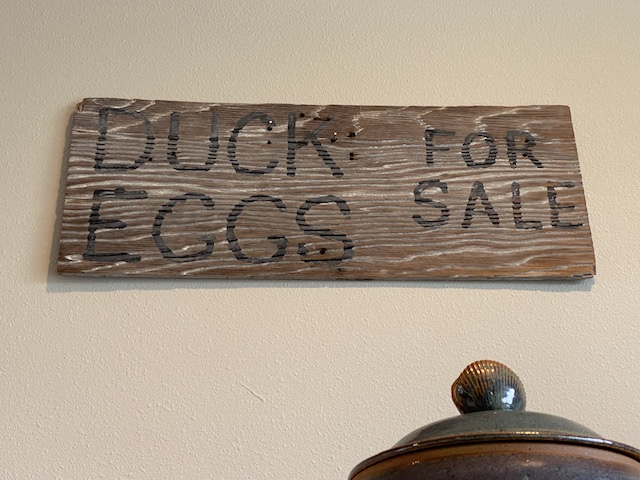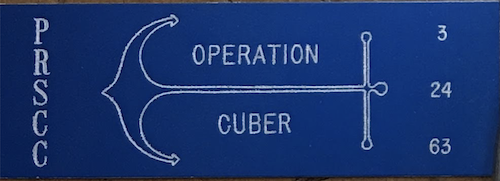Reading is one of my great pleasures in life. I take time, every day if possible, to read, even if it’s only just a few minutes. It’s relaxing, expands my mind and my library of experiences and provides a much-needed challenge to my ideas and values.
Way back when, I took a course in speed reading – but really it was just about speed-skimming and not very satisfying at all. I read pretty slowly, but slow and steady wins the race.
Below is an ever-incomplete, always-updated list of fiction and non-fiction that has made a difference in my life. Give a few titles a try! Many thanks to Jess Bybee for requesting this and forcing me to organize this resource and get it posted!
Fiction
7th Sigma
Steven Gould
Age of Madness Series (trilogy)
Joe Abercrombie
American Gods
Neil Gaiman
The Armageddon Rag
George R.R. Martin
Company of Liars
Karen Maitland
Constellation Games
Leonard Richardson
Crooked Little Vein
Warren Ellis
Dandelion Wine
Ray Bradbury
The Doomsday Book
Connie Willis
The Drowned Cities
Paolo Bacigalupi
Easy in the Islands
Bob Shacochis
Farewell, I’m Bound to Leave You: Stories
Fred Chappell
Feed (Newsflesh Trilogoy)
Mira Grant
Fiend
Peter Stenson
The First Law Series (trilogy)
Joe Abercrombie
Freaky Deaky
Elmore Leonard
Gold Bug Variations
Richard Powers
Good Omens: The Nice and Accurate Prophecies of Agnes Nutter, Witch
Neil Gaiman, Terry Pratchett
Greasy Lake and Other Stories
T. Coraghessan Boyle
I Am One of You Forever
Fred Chappell
Invisible Cities
Italo Calvino
Junky
William S. Burroughs
Kitchens of the Great Midwest
J. Ryan Stradal
The Lady in the Lake
Raymond Chandler
The Last Good Kiss
James Crumly
Liberation: Being the Adventures of the Slick Six After the Collapse of the United States of America
Brian Francis Slattery
Liminal States
Zach Parsons
Little Brother
Cory Doctorow
The Long Goodbye
Raymond Chandler
The Milkweed Triptych
Ian Trellis
Mirrorshades: The Cyberpunk Anthology
Bruce Sterling (editor)
Neuromancer trilogy
William Gibson
The Ocean at the End of the Lane
Neil Gaiman
On Stranger Tides
Tim Powers
Pastwatch: The Redemption of Christopher Columbus
Orson Scott Card
The Peripheral
William Gibson
Playing For Keeps
Mur Lafferty
Ready Player One
Ernest Cline
River of Gods
Ian McDonald
Sandman Slim novels
Richard Kadrey
Shipbreaker
Paolo Bacigalupi
The Simple Art of Murder
Raymond Chandler
Speaker for the Dead (need to read Ender’s Game first)
Orson Scott Card
Songs of Fire and Ice
George R.R. Martin
Three Farmers on Their Way to a Dance
Richard Powers
Time and Again
Jack Finney
The Twenty Year Death
Ariel Winter
Too Like the Lightning
Ada Palmer
Under the Poppy
Kathe Koja
The Windup Girl
Paolo Bacigalupi
Non-Fiction
Architecture: Form, Space, Order
Francis Chin
American Terroir: Savoring the Flavors of Our Woods, Waters, and Fields
Rowan Jacobsen
Before the Lights Go Out: Conquering the Energy Crisis Before It Conquers Us
Maggie Koerth-Baker
Brain Rules
John Medina
Caught in the Middle: America’s Heartland in the Age of Globalism
Richard C. Longworth
The Devil in the White City
Erik Larson
The Education of Henry Adams
Henry Adams
The Elegant Universe
Brian Greene
Fear and Loathing in Las Vegas
Hunter S. Thompson
Flow: The Psychology of Optimal Experience
Mihaly Csikszentmihalyi
Genius: The Life and Science of Richard Feynman
James Gleick
Getting Things Done
David Allen
The Hero with a Thousand Faces
Joseph Campbell
How Music Works
David Byrne
The Information: A History, A Theory, A Flood
James Gleick
It’s Complicated: The Social Lives of Networked Teens
Dana Boyd
Justinian’s Flea
William Rosen
Kitchen Confidential
Anthony Bourdain
Life
Keith Richards
The Omnivore’s Dilemma
Michael Pollan
Parallel Worlds
Michio Kaku
Reality is Broken
Jane McGonigal
Shop Class as Soulcraft: An Inquiry into the Value of Work
Matthew Crawford
Surely You’re Joking, Mr. Feynman
Richard Feynman
Team of Rivals: The Political Genius of Abraham Lincoln
Doris Kearns Goodwin
Theodore Roosevelt biography trilogy
Edmund Morris
The Tipping Point: How Little Things Can Make a Big Difference
Malcolm Gladwell
Understanding Comics
Scott McCloud
The World Until Yesterday: What Can We Learn from Traditional Societies?
Jared Diamond
Zeitoun
Dave Eggers
If you are interested, like I am, in game development, writing and psychology, here is the great “Game Designer’s Bookshelf” list from the Game Designer’s Workshop: http://boffo.us/gdw/BookshelfByTopic.html.
Read More →






